The Art Of The Name: Decoding The Power Of Makeup Brand Names
The Art of the Name: Decoding the Power of Makeup Brand Names
Related Articles: The Art of the Name: Decoding the Power of Makeup Brand Names
Introduction
With great pleasure, we will explore the intriguing topic related to The Art of the Name: Decoding the Power of Makeup Brand Names. Let’s weave interesting information and offer fresh perspectives to the readers.
Table of Content
The Art of the Name: Decoding the Power of Makeup Brand Names

In the competitive world of cosmetics, a brand name is more than just a label; it’s a gateway to a consumer’s heart and wallet. A well-chosen name can evoke emotions, build trust, and establish a distinct identity in the marketplace. This exploration delves into the intricate world of makeup brand names, examining their significance, crafting techniques, and the impact they have on consumer perception.
The Importance of a Strong Brand Name:
A compelling brand name is the foundation upon which a makeup company builds its reputation. It serves as a shorthand for the brand’s values, target audience, and product offerings. A memorable name can:
- Capture Attention: A unique and catchy name stands out amidst the sea of competitors, grabbing the consumer’s attention and prompting them to learn more.
- Communicate Brand Identity: The name should reflect the brand’s essence, whether it’s luxury, affordability, or a specific focus on natural ingredients.
- Evoke Emotions: Names can trigger positive associations, such as confidence, beauty, and empowerment, creating a desired emotional connection with the consumer.
- Build Brand Recognition: A strong name becomes synonymous with the brand, making it easily recognizable and memorable in the consumer’s mind.
- Drive Sales: A name that resonates with the target audience can lead to increased brand loyalty and ultimately, higher sales.
Crafting a Winning Makeup Brand Name:
The process of choosing a brand name is a strategic exercise that requires careful consideration. Here are some key factors to consider:
1. Target Audience:
Understanding the target demographic is paramount. What are their values, aspirations, and preferences? A name that aligns with these factors will resonate more effectively. For example, a brand targeting young adults might opt for a trendy and playful name, while a luxury brand catering to mature consumers might choose a sophisticated and elegant name.
2. Brand Values:
The name should reflect the brand’s core values and philosophy. If sustainability is a key focus, the name might incorporate natural elements or eco-friendly connotations. Similarly, a brand emphasizing inclusivity and diversity might choose a name that reflects those values.
3. Product Offerings:
The name should hint at the brand’s product range. A brand specializing in bold, vibrant colors might opt for a name that conveys vibrancy and intensity. Conversely, a brand focusing on minimalist makeup might choose a name that evokes simplicity and elegance.
4. Memorability and Uniqueness:
The name should be easy to remember and pronounce, ideally with a unique twist that sets it apart from competitors. It’s also crucial to ensure the name is available for trademarking and doesn’t infringe on existing brands.
5. Cultural Relevance:
The name should be culturally sensitive and avoid any offensive connotations. It’s essential to conduct thorough research and consider the global market when choosing a name.
6. Visual Appeal:
The name should be visually appealing and work well in various formats, such as logos, packaging, and marketing materials. It should be adaptable to different languages and cultures.
Examples of Effective Makeup Brand Names:
- NARS Cosmetics: This name is short, memorable, and evocative, suggesting an air of sophistication and artistry.
- Fenty Beauty: This name combines the founder’s name, Rihanna, with the word "beauty," creating a strong association with the brand’s inclusive and diverse approach.
- Kylie Cosmetics: This name leverages the celebrity founder’s name, instantly creating recognition and intrigue.
- Glossier: The name evokes a sense of shine, gloss, and beauty, aligning with the brand’s focus on minimalist and natural makeup.
- Milk Makeup: This name is playful and memorable, reflecting the brand’s focus on clean and cruelty-free products.
FAQs about Makeup Brand Names:
1. What are some common mistakes to avoid when choosing a makeup brand name?
- Choosing a name that is too generic or similar to competitors.
- Selecting a name that is difficult to pronounce or spell.
- Failing to conduct proper trademark research.
- Using a name with negative connotations or cultural sensitivities.
2. How can I test the effectiveness of a potential brand name?
- Conduct focus groups with your target audience.
- Run online surveys to gauge consumer reactions.
- Test the name in different marketing materials and see how it resonates.
- Consider using a name generator tool for inspiration.
3. How important is the brand name in building a successful makeup business?
A strong brand name is essential for building a successful makeup business. It’s the first impression you make on potential customers and can significantly impact their perception of your brand. A memorable and relevant name can help you attract customers, build brand loyalty, and ultimately drive sales.
4. Can I change my brand name after launching my business?
It’s possible to change your brand name after launching your business, but it can be a complex and costly process. You’ll need to update your branding materials, website, and social media accounts, which can take time and resources. It’s generally advisable to choose a name that you’re confident in from the outset.
5. What are some tips for creating a brand name that is both memorable and unique?
- Use wordplay, puns, or alliteration.
- Combine words to create a new and unique term.
- Draw inspiration from your brand’s values, products, or target audience.
- Brainstorm with a team of individuals to generate diverse ideas.
Tips for Choosing a Makeup Brand Name:
- Keep it short and simple: A concise name is easier to remember and pronounce.
- Make it relevant: The name should reflect the brand’s values, target audience, and product offerings.
- Consider the visual impact: The name should look appealing in various formats, such as logos and packaging.
- Check for availability: Ensure the name is available for trademarking and doesn’t infringe on existing brands.
- Seek feedback: Get opinions from trusted individuals and your target audience before making a final decision.
Conclusion:
In the competitive world of cosmetics, a well-chosen brand name is a powerful asset. It’s the first point of contact between a brand and its consumers, shaping their initial perceptions and influencing their purchasing decisions. By carefully considering the factors outlined above, makeup companies can craft names that resonate with their target audience, build brand recognition, and ultimately contribute to their success. A strong brand name is not just a label; it’s a strategic investment in a brand’s future.
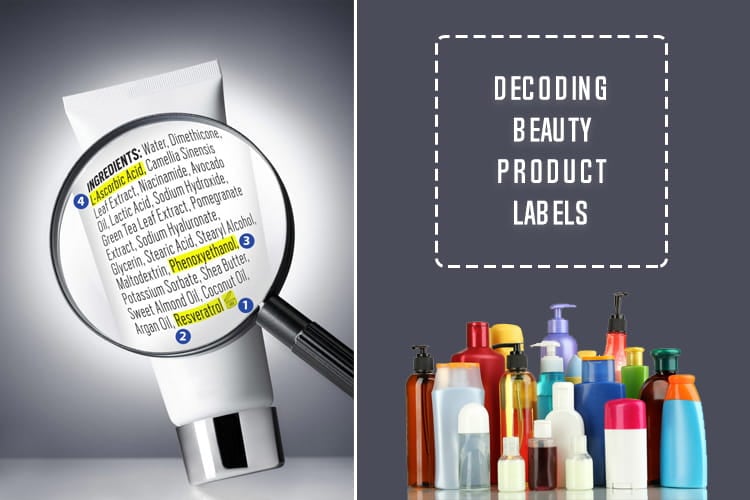
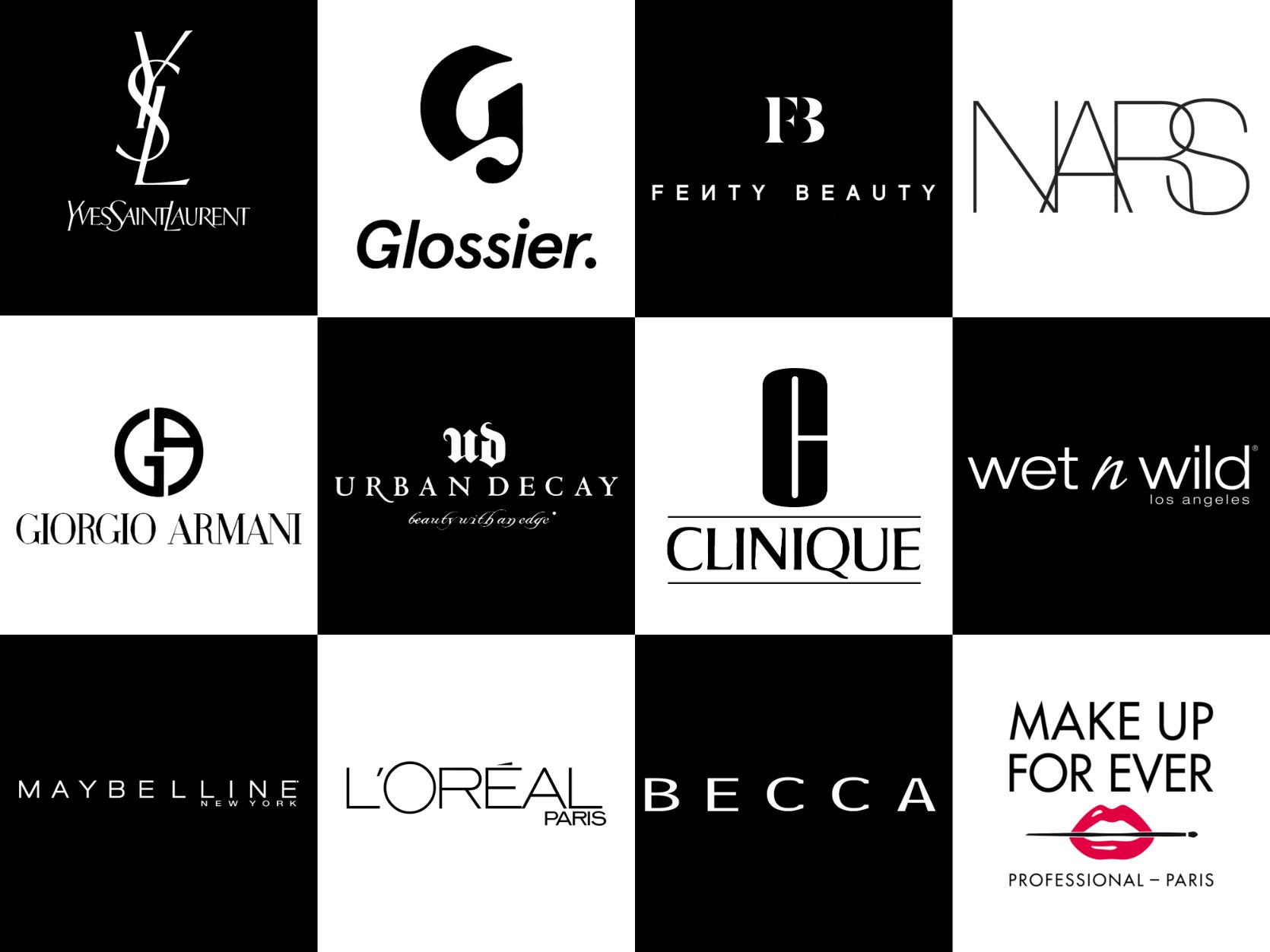
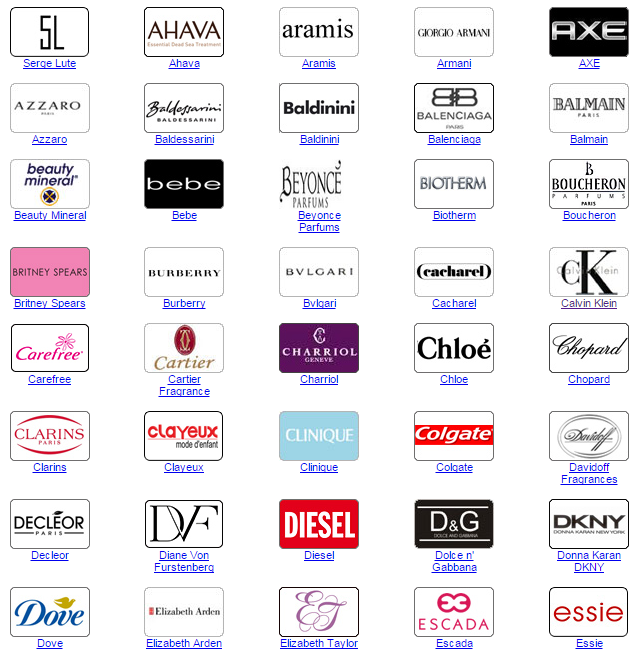
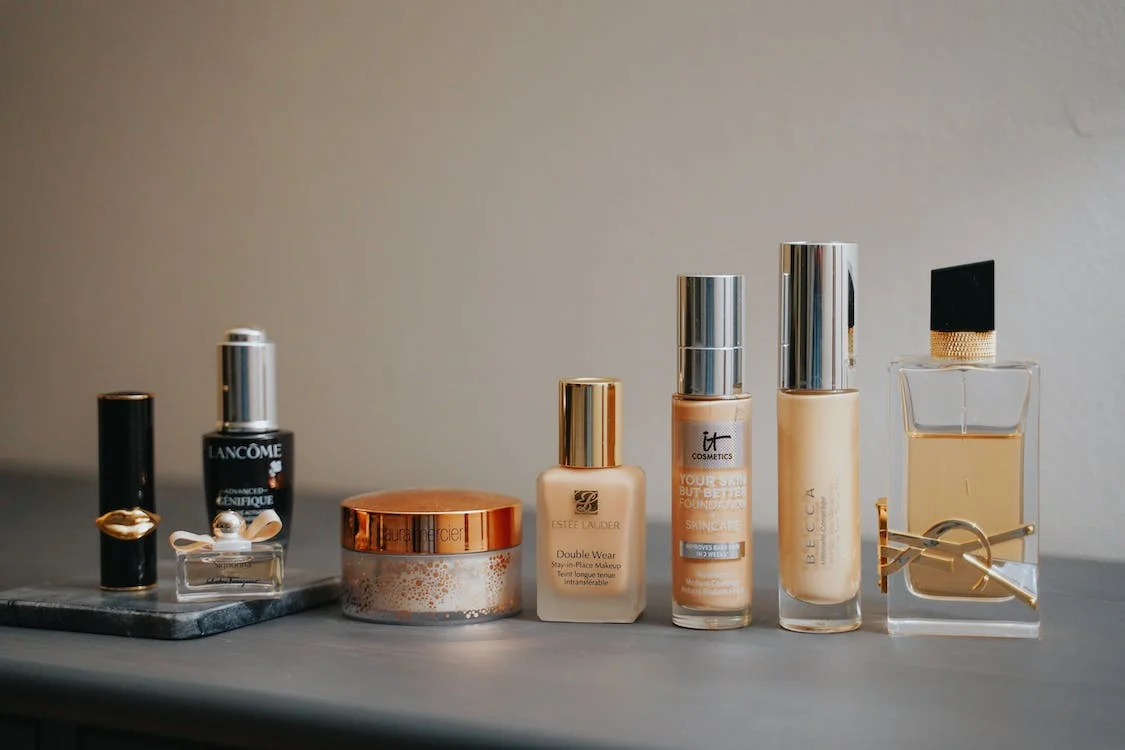
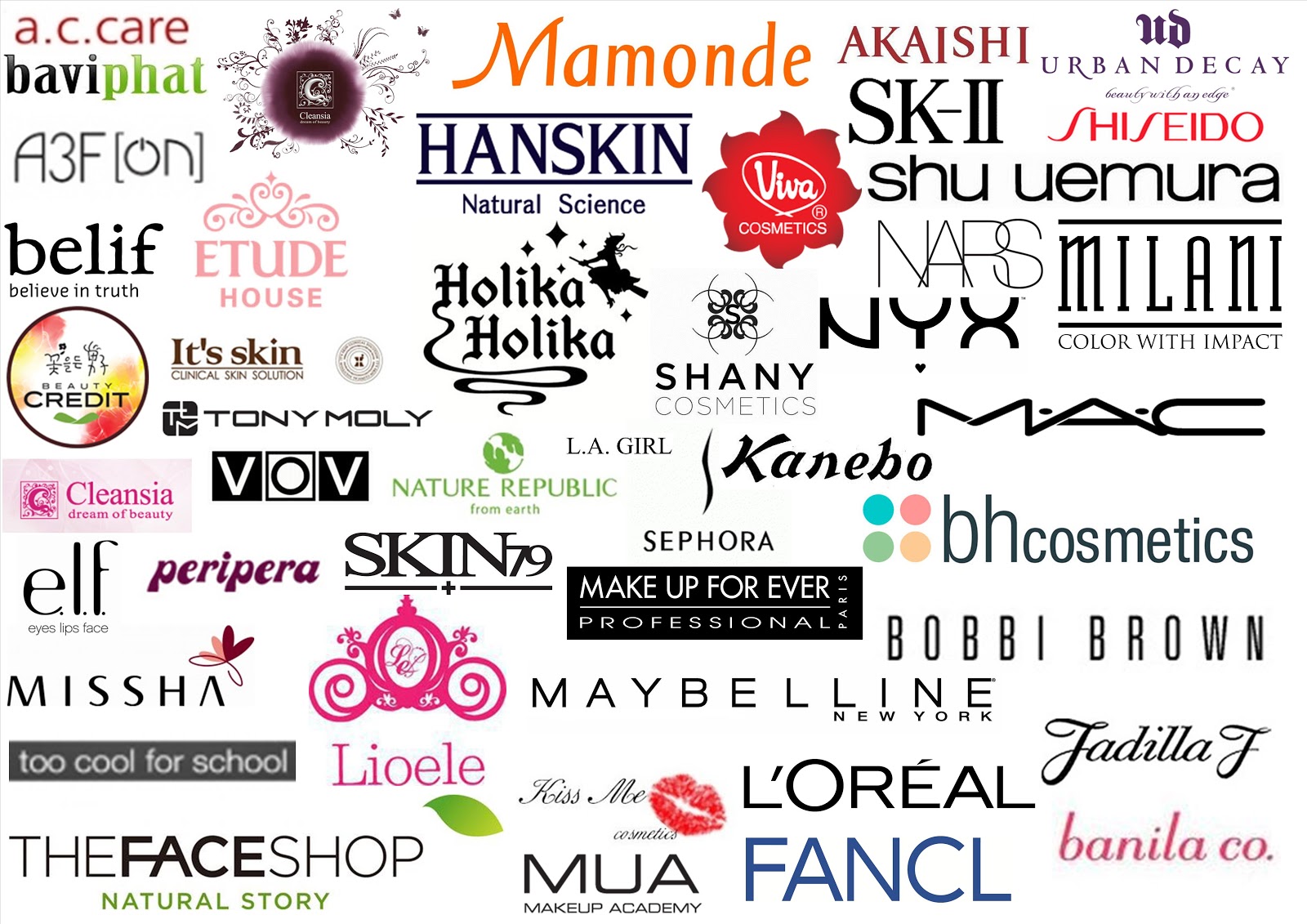


.jpg)
Closure
Thus, we hope this article has provided valuable insights into The Art of the Name: Decoding the Power of Makeup Brand Names. We hope you find this article informative and beneficial. See you in our next article!
You may also like
Recent Posts
- Mastering The Art Of Eye Makeup: A Comprehensive Guide To The Color Wheel
- The Art Of Enhancement: A Comprehensive Guide To Makeup
- The Ultimate Guide To Makeup Bags For Travel: Organization, Style, And Essential Considerations
- A Guide To Makeup At Walmart For Kids: Exploring Options And Considerations
- A Comprehensive Guide To Makeup Brands Beginning With C: From Classic To Cutting-Edge
- The Ultimate Guide To Finding The Perfect Makeup Chair: A Comprehensive Look At Kmart’s Offerings
- Navigating The World Of Makeup For Sensitive Skin: A Guide To Finding The Perfect Fit
- The Ever-Evolving Canvas: Exploring Makeup Designs Through The Decades
Leave a Reply